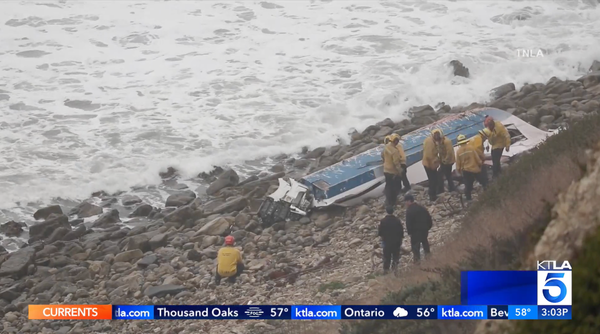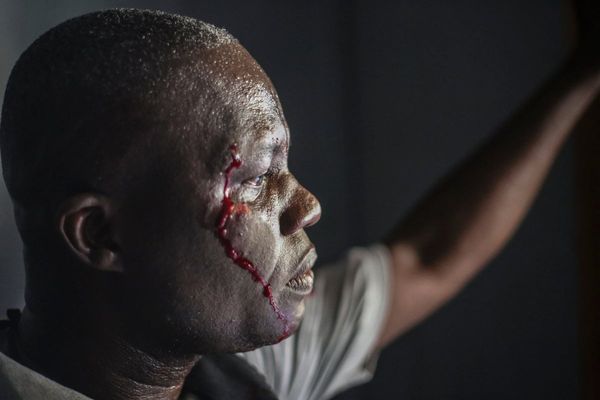
If Crikey readers — who generally skew older, like most people who continue to pay for news — want an insight into just how different Australia’s young people are from them, they can do worse than have a look at the data from the Scanlon Foundation’s social cohesion report.
Some of the reported outcomes of the survey will be familiar: one-third of adults under 25 think home ownership is important but that they are unlikely to achieve it — significantly higher than 25-34 year olds and far higher than older cohorts. But other outcomes are more surprising.
For example, there is a radical difference on a sense of belonging in Australia — under-25s score a remarkable 51 points lower on feelings of belonging compared to seniors. Simultaneously they score far higher than seniors on acceptance of diversity and multiculturalism. Young people don’t feel like they belong here, but are far more welcoming of people from elsewhere than older Australians.
Under-25s are also the least likely cohort to think immigration is too high — just one-third think we need lower immigration, compared to 62% of over-65s.
But young people are far more likely to feel loneliness — in the biggest difference in the entire survey, young people are 91% more likely to report feelings of loneliness compared to over-75s, the oldest cohort. That may partly explain why younger people have a poorer perception of Australia’s social fabric — they are 14 points less likely than over-65s to have a favourable view of the quality of our social fabric.
And while young people’s views on issues like housing affordability are directly link to economic conditions, they are less likely to report themselves as “struggling” financially than either 25-34 year olds of 35-44 year olds, who are more likely to be deep in mortgage repayments. And those older cohorts are also more likely to have less trust in Australia’s political leadership.
Despite a lack of sense of belonging, however, younger Australians are much more likely to participate in political action. They’re much more likely to attend protests than older people and much more likely to engage in boycotts, and more inclined to post about politics online than other cohorts. But they’re less likely to deal with MPs or get together to resolve local problems.
More inclusive and accepting, more politically active, but also lonelier and less satisfied and convinced they won’t succeed in what used to be sold as the great Australian dream of a house of their own, younger Australians seem more different to their parents and grandparents than ever before. What we can only find out from future reports, however, is how many of those qualities will survive into their 30s and 40s.
Have something to say about this article? Write to us at letters@crikey.com.au. Please include your full name to be considered for publication in Crikey’s Your Say. We reserve the right to edit for length and clarity.







